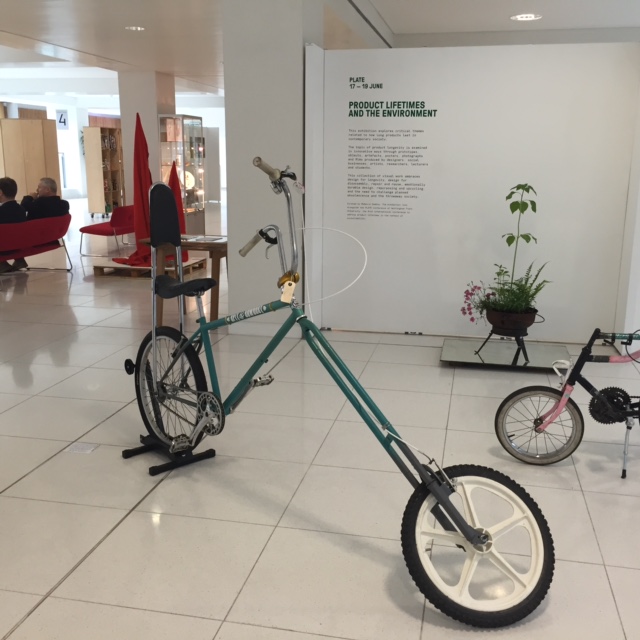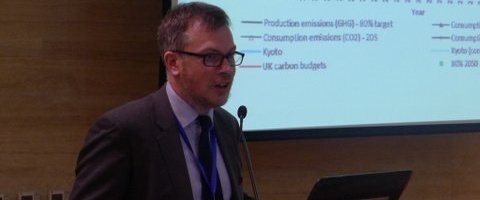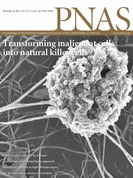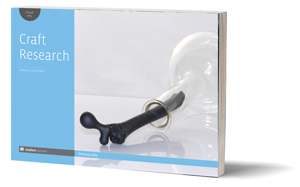Naomi Braithwaite, Tim Cooper, Alex Rodrigues, John Rogers and Kyungeun Sung presented at the first PLATE (Product Lifetimes and the Environment) conference.
From the 17 -19 June NTU hosted the inaugural PLATE conference. Over 3 days 66 papers and 6 workshops, drawn from an international and multi-disciplinary perspective, debated the conference’s main themes which included strategies for product lifetime optimisation and consumer influences on product lifetimes. 110 delegates from 16 countries attended PLATE. The PLATE exhibition ran alongside the conference, showcasing work from delegates, NTU staff and students, as well as designers, artists and social businesses. Here the topic of product longevity was explored in innovative ways through prototypes, objects, photographs, film and other mediums.
The conference included the presentation of ongoing CIE-MAP research from a number of centre members. Naomi Braithwaite’s paper, co-authored with Mariale Moreno and Danielle Densley-Tingley, explored the feasibility of durability labelling for washing machines and considered how this may impact industry and consumer behaviour. Drawing from initial findings from interviews with industry professionals Alex Rodrigues discussed barriers and opportunities for designing cars with longer lifespans. Cars were also the focus of John Rogers and Alex’s paper that explored product leasing as a strategy for elongating product life. The reasons why vehicles are scrapped and the implications for this on longevity were further debated during John’s workshop. Kyungeun Sung presented her work that is exploring the links between individual upcycling, product attachment and product longevity.
CIE-MAP’s research programme set the context for Tim Cooper’s workshop: ‘Policies for Longevity’. A panel of policy and academic experts debated with delegates the role that policy could have in overcoming barriers towards product lifetimes.
PLATE 2015 Proceedings











